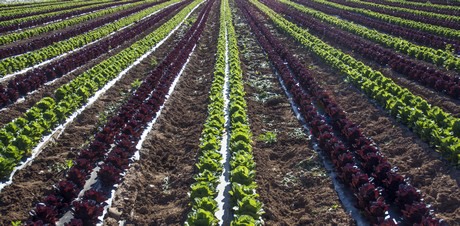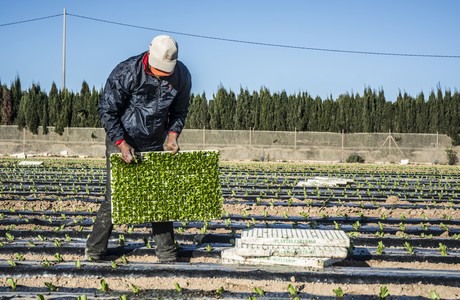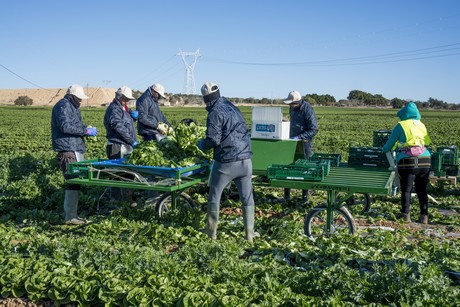The early stone fruit campaign has almost ended in the Region of Murcia. Recent climatic variations in Europe have not affected the harvest in La Manga del Mar Menor.
"The volumes have been satisfactory, although prices have been lower than expected," said Adolfo Garcia, the director of Camposeven, an agrarian society of organic and biodynamic farming.

According to Adolfo Garcia, Spain's organic and biodynamic agriculture currently face two challenges: investment in R&D and prices.
"Competition in the sector is increasing, reducing profits. Prices offer increasingly reduced margins for producers and are higher for consumers, who do not see the need or can't afford to buy organic products. Organic pepper production yields 7 to 10 kilos per square meter, while conventional agriculture yields 12 to 16 kilos," he added.

"The scarce investment in research and development restrains agriculture in general. If Spain had the knowledge and implementation capacity of the Netherlands, it could be a world leader in organic and biodynamic agriculture. It is a fact that we depend on Holland for research on crops, seeds, insects, etc. R & D is not an expense in organic farming but a necessary investment, the pillar of its future," Adolfo Garcia stated.

Large Spanish horticultural companies are converting all of their production to the ecological line. Other companies, which are prudent but aware of the growing demand, dedicate only a percentage to organic farming.
"Our most important bet in innovation has been biodynamic cultivation: the balance between land, plants, animals and people, called 'Farm Organism'. As a result of our agreements with the Polytechnic University of Madrid, we are part of the Plant Response Biotech," the director continued.

"A one hundred percent ecological or biodynamic production is a risky bet. Our strategy is to cultivate a wide range to diversify risk and offer a variety of products. Another strength is cohesion: the commitment is high in ecological and biodynamic agriculture. If the producers were not partners, it would be impossible," he said.

"Our European customers are stable: Germany, France, Switzerland. These markets have an ecological culture that translates into regular consumption. The Nordic countries follow them in volume. Currently the Asian market is growing fast. There is demand for all products, but an increase in demand for pepper, a Spanish product that is appreciated abroad. That's why we continue researching the ideal seed varieties," he said.
"Spanish consumers still have much to learn about ecological products. Our initiative to sensitize them is through Freshvana direct sale so they can discover the palpable difference that ecological products have: their flavor. In parallel, these short lines boost wholesale sales," he said.

Camposeven, located in San Pedro del Pinatar (Murcia), dedicates 800 hectares exclusively to ecological and biodynamic cultivation in Murcia, Alicante, Granada, and Albacete. They produce 21,000 tons a year.
More information:

Adolfo Garcia, director
Camposeven
Ctra. Lo Romero, 33
30740 San Pedro del Pinatar (Murcia)
T: +34968178165

